
Immune checkpoint inhibition disappoints in relapsed platinum-sensitive ovarian cancer
Addition of the PD-L1 inhibitor atezolizumab to chemotherapy plus bevacizumab showed little or no benefit in the relapsed setting, echoing previous data from front-line therapy
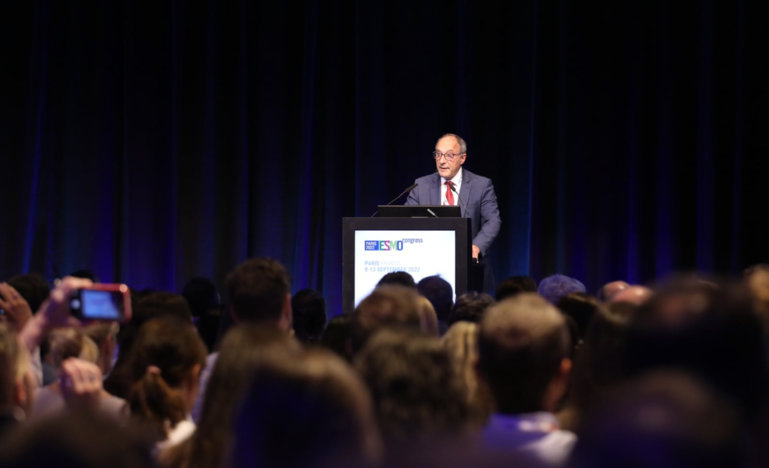
Two studies report long-term survival benefits with olaparib in ovarian cancer
The PARP inhibitor shows durable clinical benefits in HRD+ patients with advanced disease reinforcing the importance of testing for BRCA mutations and/or HRD status.
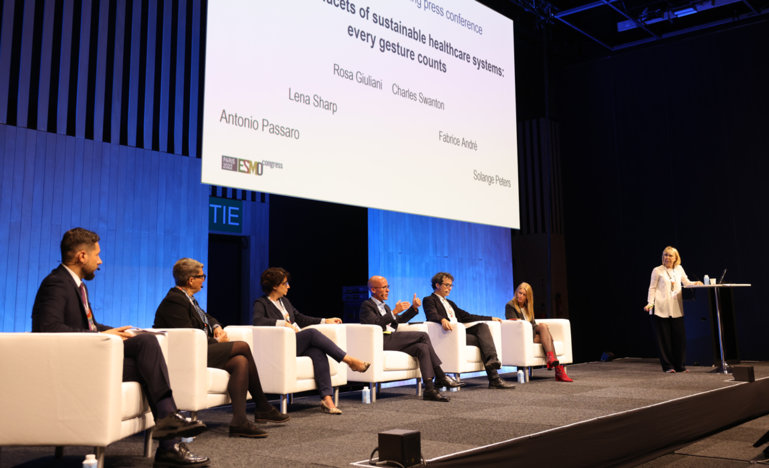
Cancer prevention: ESMO partnering with EONS on a year-long campaign
The Society takes a further step toward improving oncologists’ knowledge on healthy lifestyles to better support their patients and reduce the burden of cancer
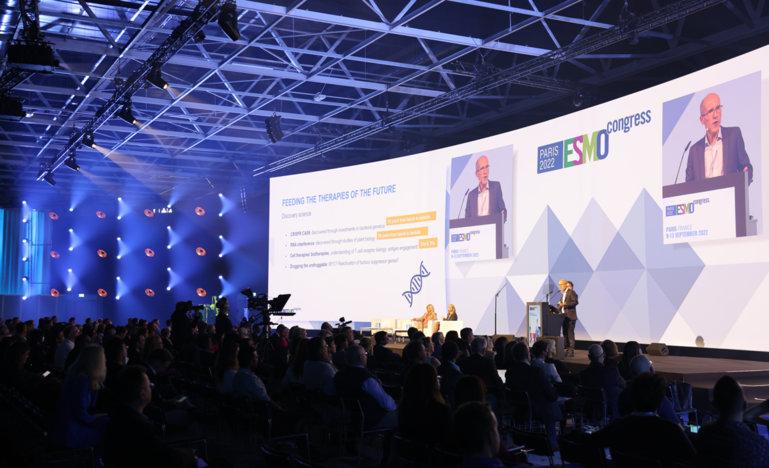
Celebrating the new era of oncology
The annual ESMO Congress returns to be an onsite event after two years of COVID-19 pandemic, offering attendees opportunities to share knowledge on how to integrate molecular and digital tools into oncology
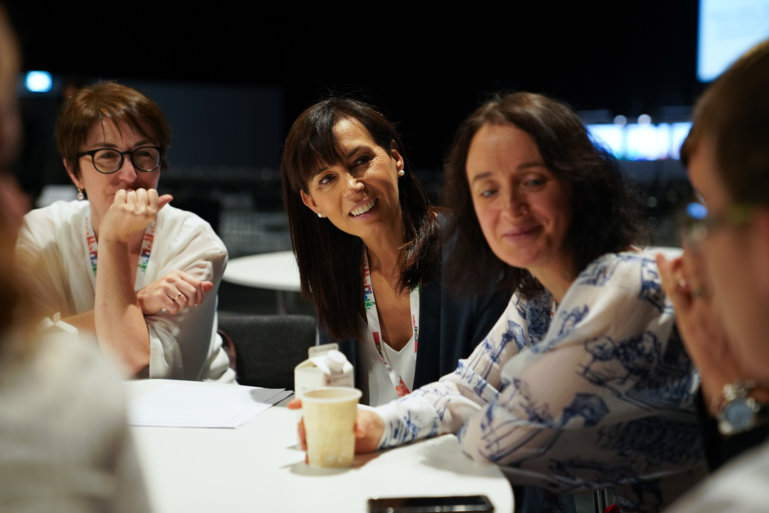
Gender equity in oncology – are we nearer to close the gender gap?
At the ESMO Women for Oncology Forum, international experts will discuss the latest data on female representation in the field
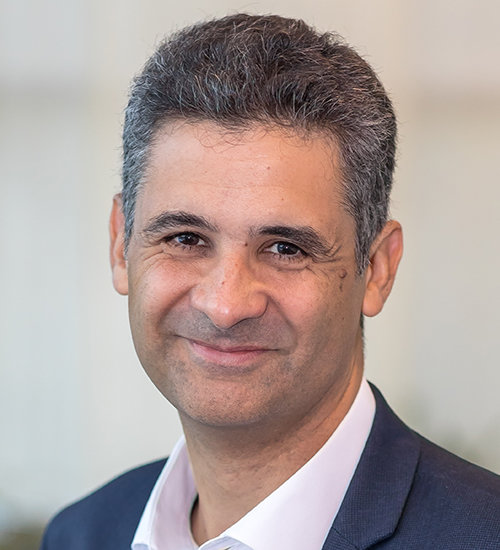
Practice-changing treatments in GU cancers continue to evolve
Finding the best treatment strategy for patient subpopulations and adequate funding are key to further advancing the field, says ESMO Award 2022 recipient Prof. Karim Fizazi
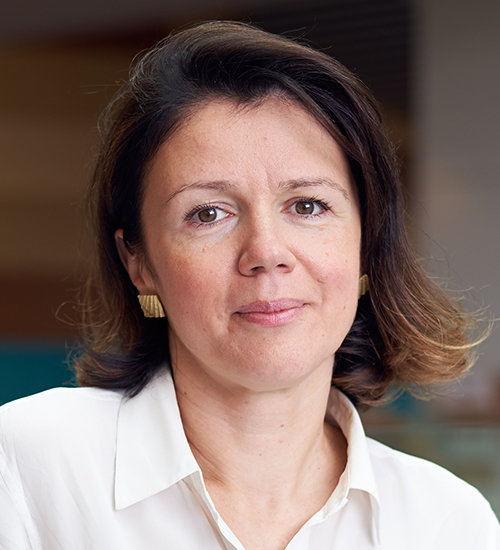
AI and machine learning may change the course of translational research
However, according to the winner of the ESMO Award for Translational Research 2022, Dr Samra Turajlic, results will only be achieved through a collaborative effort of the oncology community

More women in leadership roles are key to patient-centred medicine
According to this year’s ESMO Women for Oncology awardee Prof. Fatima Cardoso, steps forward in gender equality have been made, but progress is still slow
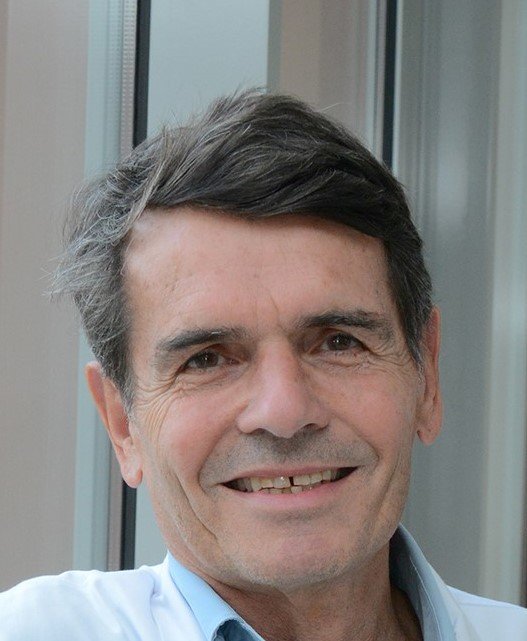
More needs to be done in renal cancer
Up to 90% of patients will die from metastatic disease and the search for biomarkers lags behind other tumour types, says ESMO Lifetime Achievement Award 2022 winner Prof. Bernard Escudier
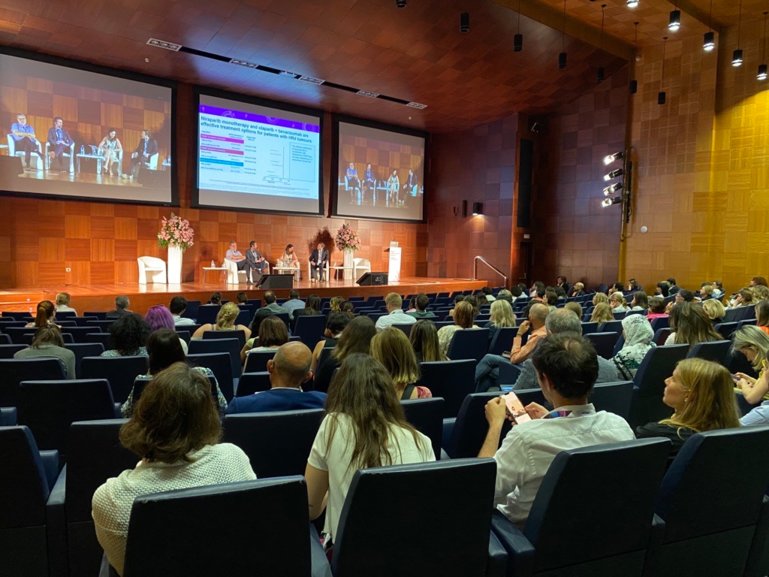
Lenvatinib plus pembrolizumab delays the time to deterioration of quality of life
In advanced pre-treated endometrial cancer, patient-reported outcomes support efficacy benefits of the combination therapy
